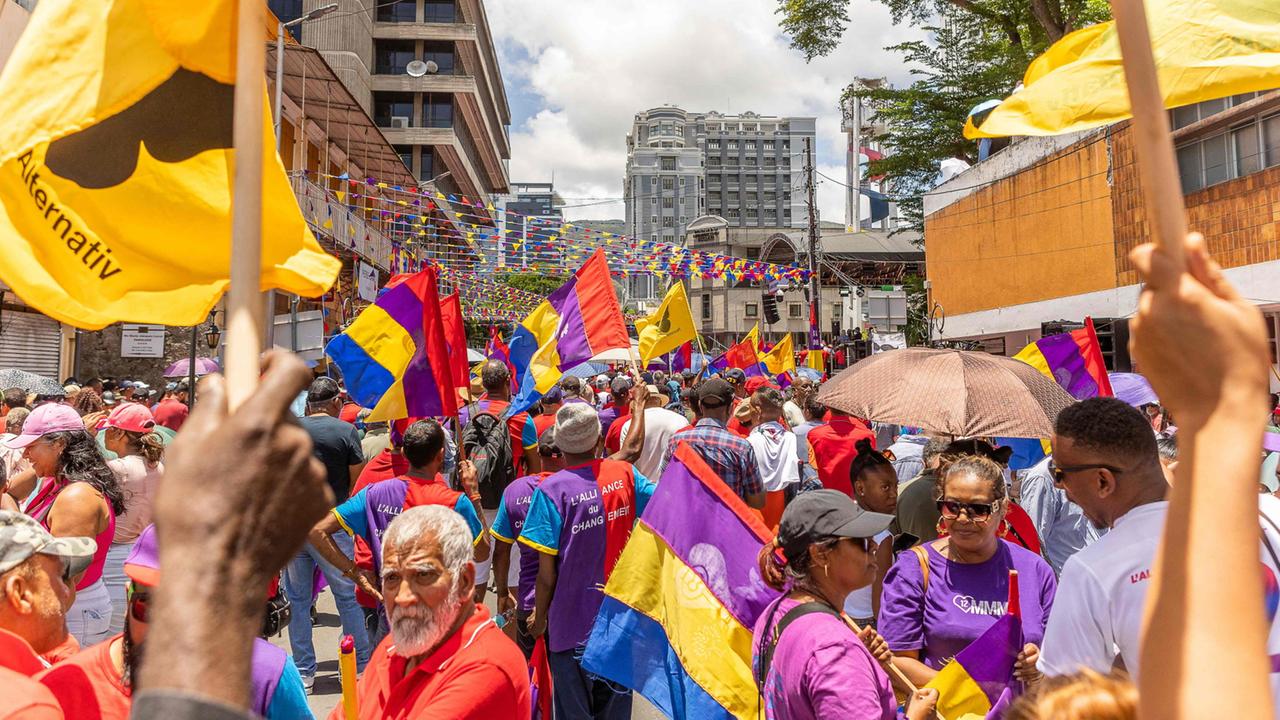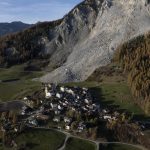Mauritius is actually a calm, stable democracy – Prime Minister Jugnauth didn't have to worry about today's election. But then there was a wiretapping scandal – and now the outcome of the election is completely open.
For a long time it looked as if the incumbent Prime Minister of Mauritius, Pravind Jugnauth, did not have to worry too much. His center-left coalition was in the lead and a safe election victory was within reach.
But then came “Missie Moustass.” An anonymous Internet user who published explosive material online. There were recordings of confidential conversations between high-ranking representatives from politics, business, police and civil society.
Since then, Mauritius has had its Watergate. The wiretapping scandal shakes the entire island and the government is under enormous pressure. In response to the revelations, the Prime Minister had all social media blocked a week ago on Friday – for reasons of national security and until the day after the election, as it was said.
Opposition hopes for a “tsunami of protest”
What followed was a nationwide outcry. TikTok, Facebook, WhatsApp – all major networks were no longer accessible. For the government opponents it was a great opportunity.
Paul Berenger from the opposition alliance Alliance for Change expects today's election not only to be “a tidal wave of protest, but also a real tsunami.”
Expensive promises
Prime Minister Jugnauth is doing his best to dampen the excitement. He reversed the ban on social media after just 24 hours, and he is making expensive promises to voters: “We will give everyone who works in our country – be it in the public service or in the private sector – and pensioners a 14th . Pay monthly salary.”
There should also be a significant reduction in VAT for many everyday products and interest-free loans for small businesses.
Alliance for Change presidential candidate Navim Ramgoolam counters: “My mission is to restore our country's reputation and give Mauritians back freedom and their rights.” The outcome of the election is now considered uncertain.
Long tax haven
Mauritius, with around 1.3 million inhabitants, is one of the richest countries in Africa. Unemployment and poverty are comparatively low. Sugar cane used to be the most important source of income, but today the country lives primarily from tourism, the food, textile and financial industries.
Mauritius was long considered a tax haven; thousands of shell companies were based on the island. In recent years, the country has significantly tightened its rules to combat money laundering and terrorist financing due to international pressure. The country was then removed from the list of so-called high-risk countries by the EU three years ago.
Stable democracy in the Indian Ocean
The small island state is located in the Indian Ocean, the coast of the African continent is 1,800 kilometers away. Mauritius has been independent from Great Britain since 1968 and is considered a stable democracy in which human rights are largely respected.
When it comes to press freedom, Mauritius was recently ranked just behind the USA in the Reporters Without Borders organization, but ahead of countries such as Bulgaria, Japan and Ukraine. However, that was before the Missie Moustass scandal and the social media suspension.





